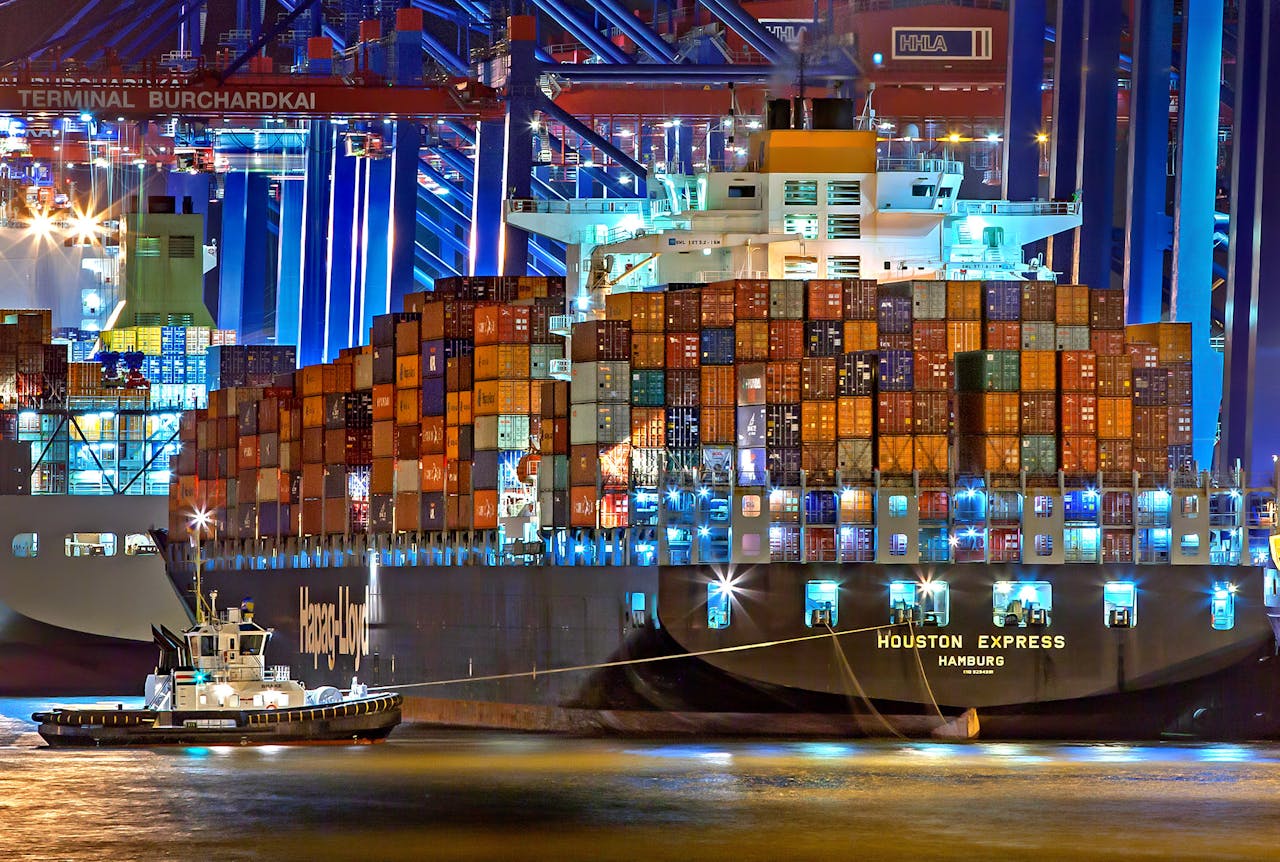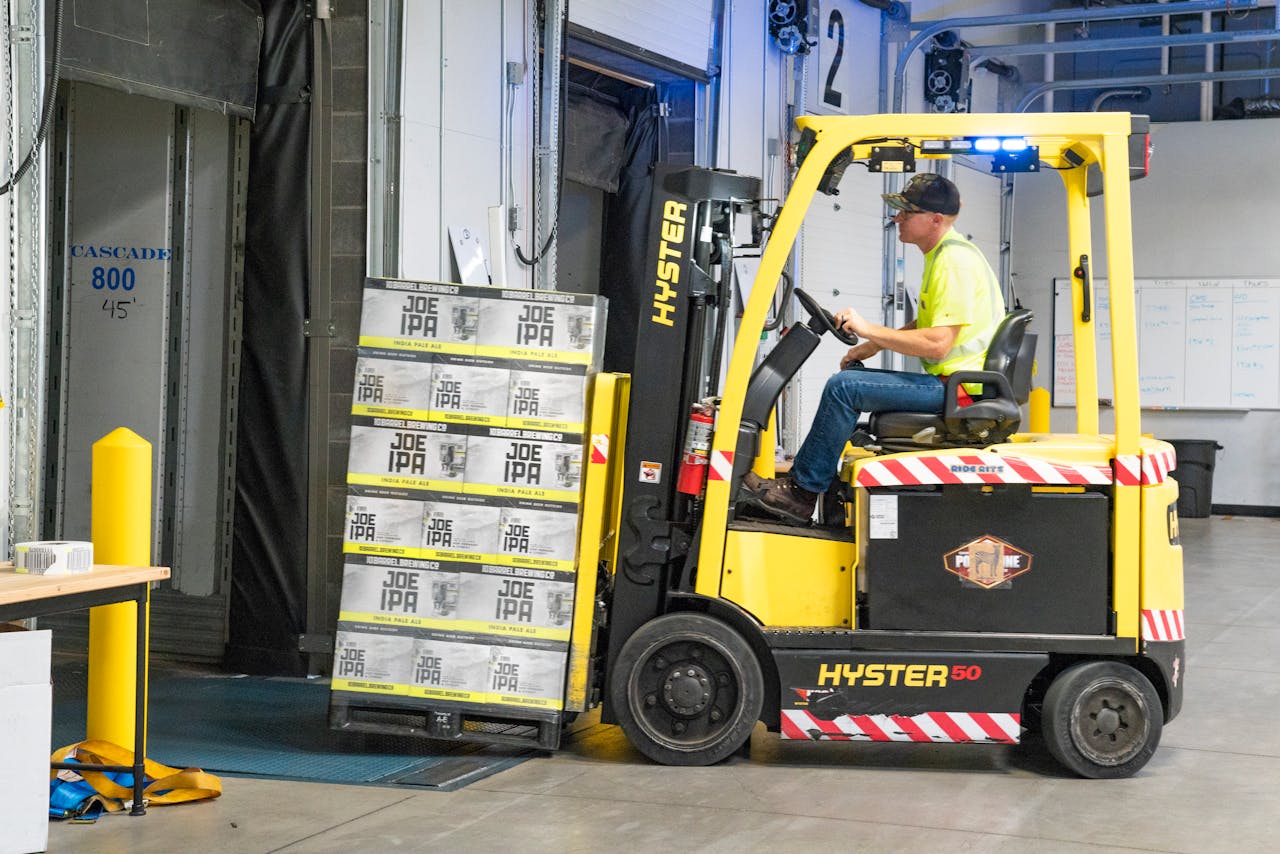A Checklist for International Exporters to Prepare for Miami’s Peak Shipping Season

This is a guest post by Melissa Davies.
Miami, a critical hub for international trade, becomes a buzzing epicenter during its peak shipping season. Exporters face a unique set of challenges when preparing for this busy time, from managing cargo logistics to ensuring compliance with international shipping regulations.
As businesses gear up for the surge in demand, it’s essential to have a checklist in place to navigate the complexities and ensure smooth operations. Whether exporting goods across the globe or managing local deliveries, preparing for Miami’s peak shipping season is the key to success.
Understanding Miami’s Shipping Infrastructure
The first step in preparing for the peak shipping season in Miami is understanding the city’s robust shipping infrastructure.
Miami boasts one of the largest and busiest ports in the United States: PortMiami. This gateway connects exporters to markets across Latin America, Europe, and beyond.
Miami International Airport also plays a significant role in global trade, with a substantial portion of cargo transported via air.
Recognizing how these ports operate during high-demand periods helps exporters optimize logistics and plan for delays.
Aligning with Seasonal Demand Trends
Miami’s peak shipping season often coincides with the global holiday season, so exporters must align their strategies with heightened consumer demand. So, to keep up with seasonal trends, businesses should analyze their past shipping data and forecast sales patterns to prepare adequately.
This approach helps companies understand the types of goods that move quickly during this period and adjust their export volumes accordingly. Additionally, anticipating consumer trends ensures that your inventory levels are well-stocked and ready for the rush.
Building Strong Relationships with Freight Forwarders
A critical aspect of managing shipping logistics involves working closely with freight forwarders. These professionals act as intermediaries between exporters and the shipping carriers, controlling everything from documentation to ensuring that goods are shipped efficiently.
Building strong relationships with reliable freight forwarders is crucial during Miami’s peak shipping season, as they often have access to exclusive shipping routes and can navigate congested ports more efficiently. Partnering with an experienced freight forwarder also minimizes the risk of shipping delays and helps exporters stay compliant with international regulations.

Optimizing Inventory Management Systems
During the peak shipping season, efficient inventory management becomes more important than ever. Exporters must have systems in place that allow them to track goods in real time and ensure that products are readily available for shipment.
Modern inventory management software can be a game-changer in this regard, providing exporters with visibility into stock levels, shipping schedules, and demand forecasts. Ensuring your inventory management system is fully integrated with your logistics operations can save time and reduce costly errors.
Navigating Customs and Compliance Regulations
With its strategic location for international trade, Miami has stringent customs and compliance regulations. Exporters must be well-versed in these regulations, as failing to comply can lead to significant delays or fines.
It’s essential to stay up to date on both U.S. and international trade laws, as these can shift rapidly, particularly during peak seasons. Exporters should work closely with customs brokers to ensure that all documentation, such as certificates of origin and export declarations, are correctly prepared and submitted in a timely manner.
Selecting the Right Shipping Method
Choosing the correct shipping method is a critical decision for exporters, especially during Miami’s peak season. Whether opting for air, sea, or land transportation, each option comes with its advantages and challenges.
Air freight is faster but may come at a higher cost.
Sea freight can handle larger volumes but may face delays during peak times.
Exporters must evaluate their shipping needs carefully. They should consider factors such as the nature of the goods, delivery timelines, and cost efficiency. This helps determine the most appropriate shipping method for their business.
Partnering with Logistics Providers for Smooth Operations
Logistics providers are pivotal in ensuring shipments move efficiently through Miami during peak seasons.
Exporters should establish partnerships with logistics companies specializing in international trade and have experience navigating the complexities of the shipping season. Miami Movers for Less, for instance, can assist businesses by offering tailored moving solutions that help exporters streamline their operations and avoid delays. By leveraging such partnerships, exporters can gain a competitive edge during the busiest times of the year.
Preparing for Potential Delays and Disruptions
While Miami’s shipping infrastructure is world-class, peak shipping seasons inevitably bring the risk of delays and disruptions. Exporters should prepare for these challenges by building extra time into their shipping schedules and maintaining close communication with their logistics partners.
Planning for possible delays helps reduce the impact on customer satisfaction and ensures that your business continues to operate smoothly despite unforeseen challenges. Having contingency plans in place can make all the difference when faced with bottlenecks at ports or shipping carrier delays.

Ensuring Proper Packaging and Labeling
Packaging and labeling are often overlooked, but they are critical to the success of your exports, particularly during peak shipping times. Exporters must ensure that their goods are packaged securely to withstand long-distance travel and potential handling stress at various checkpoints.
Correct labeling is essential, including necessary documentation such as customs forms and barcodes. This ensures your goods move efficiently through the supply chain without unnecessary delays.
Investing in high-quality packaging materials is also important. Ensuring accurate labeling is a small step that can save exporters from major headaches during the busiest seasons.
Maintaining Clear Communication with Customers
Clear customer communication becomes even more critical during Miami’s peak shipping season.
Exporters should inform their clients of potential delays, updated shipping schedules, and disruptions that might impact delivery timelines. Providing regular updates helps manage customer expectations and ensures that clients are kept in the loop at all stages of the shipping process.
Offering transparency during the busiest times improves customer satisfaction and strengthens long-term relationships with your clientele.
Staying Ahead in Miami’s Peak Shipping Season
Miami’s peak shipping season presents unique challenges and opportunities for exporters. By staying prepared and proactive, businesses can confidently navigate this busy period. This approach ensures that goods arrive on time and in good condition.
Key steps include optimizing inventory management, strengthening partnerships with logistics providers, and staying compliant with customs regulations. A well-thought-out plan can make all the difference.
For U.S. businesspeople involved in international trade, Miami’s bustling shipping scene offers a great opportunity. It allows them to expand their global reach and build a reliable, efficient service reputation.
This is a guest post by Melissa Davies.
Author Bio
Melissa Davies is a logistics and business consultant with over a decade of experience helping international exporters streamline their operations. When not advising clients, Melissa enjoys writing about global trade trends and exploring Florida’s vibrant cities.





